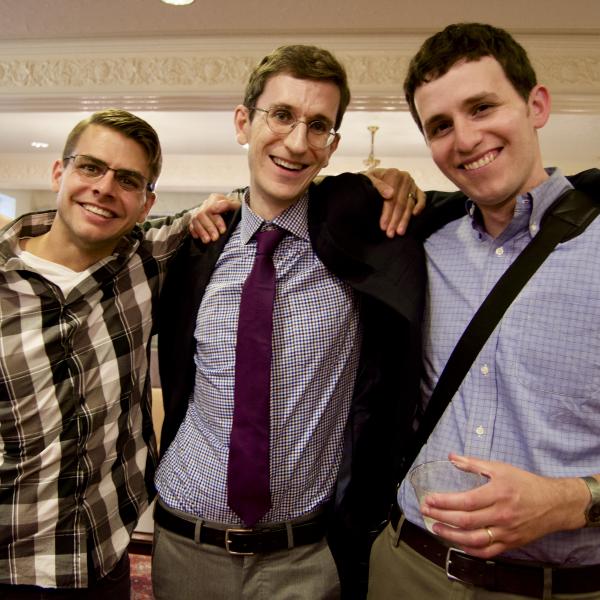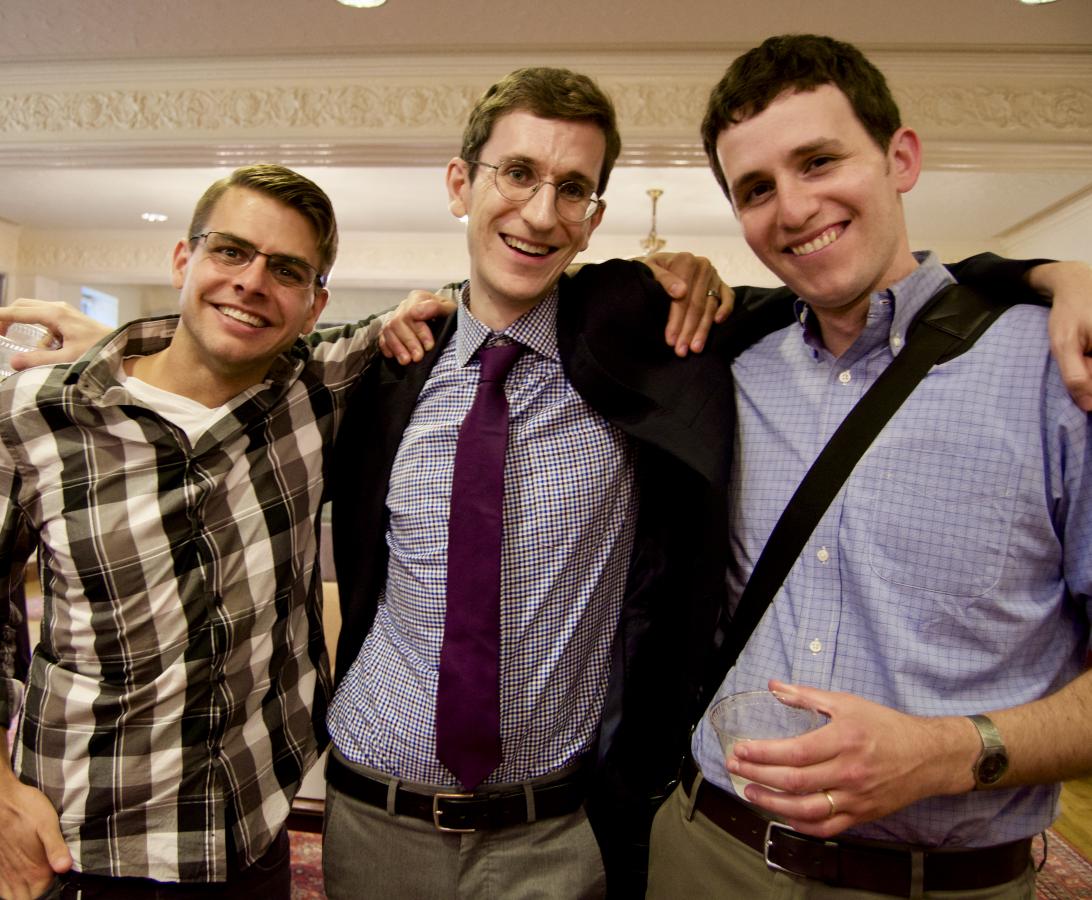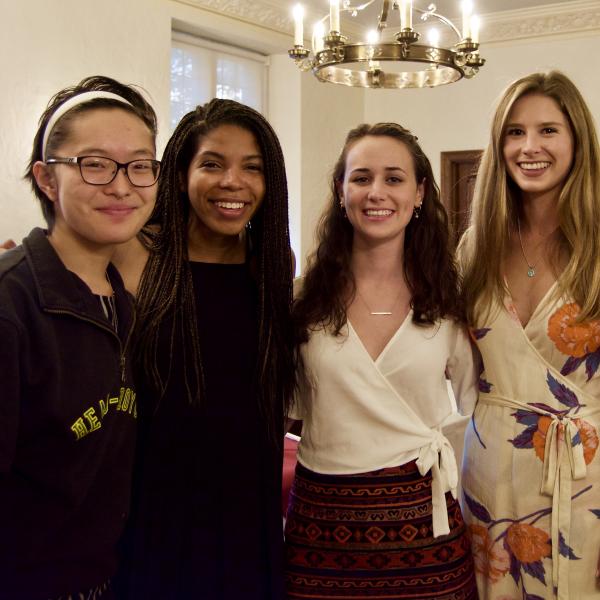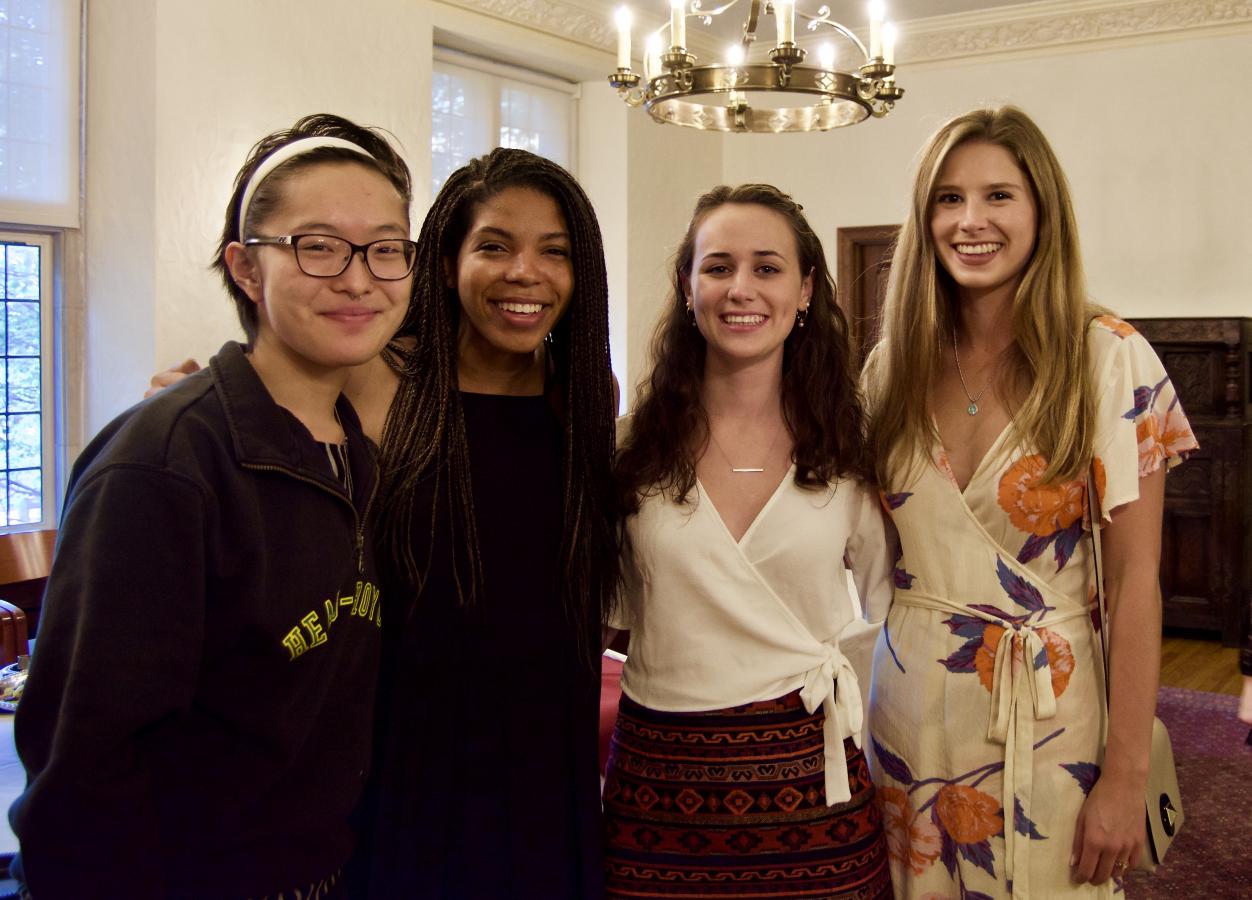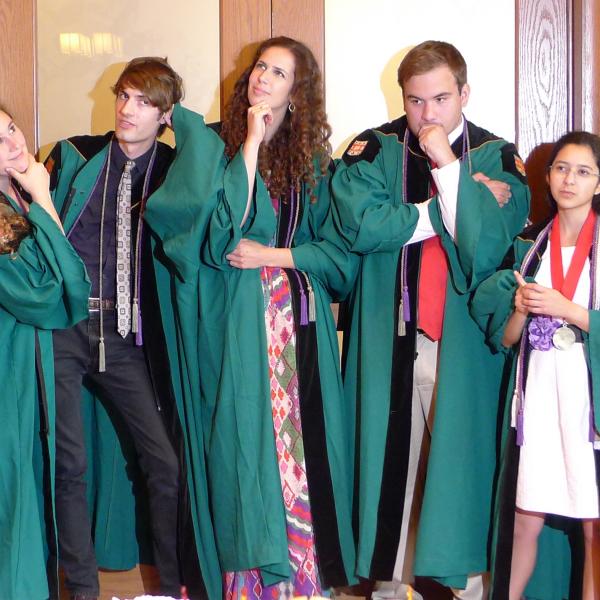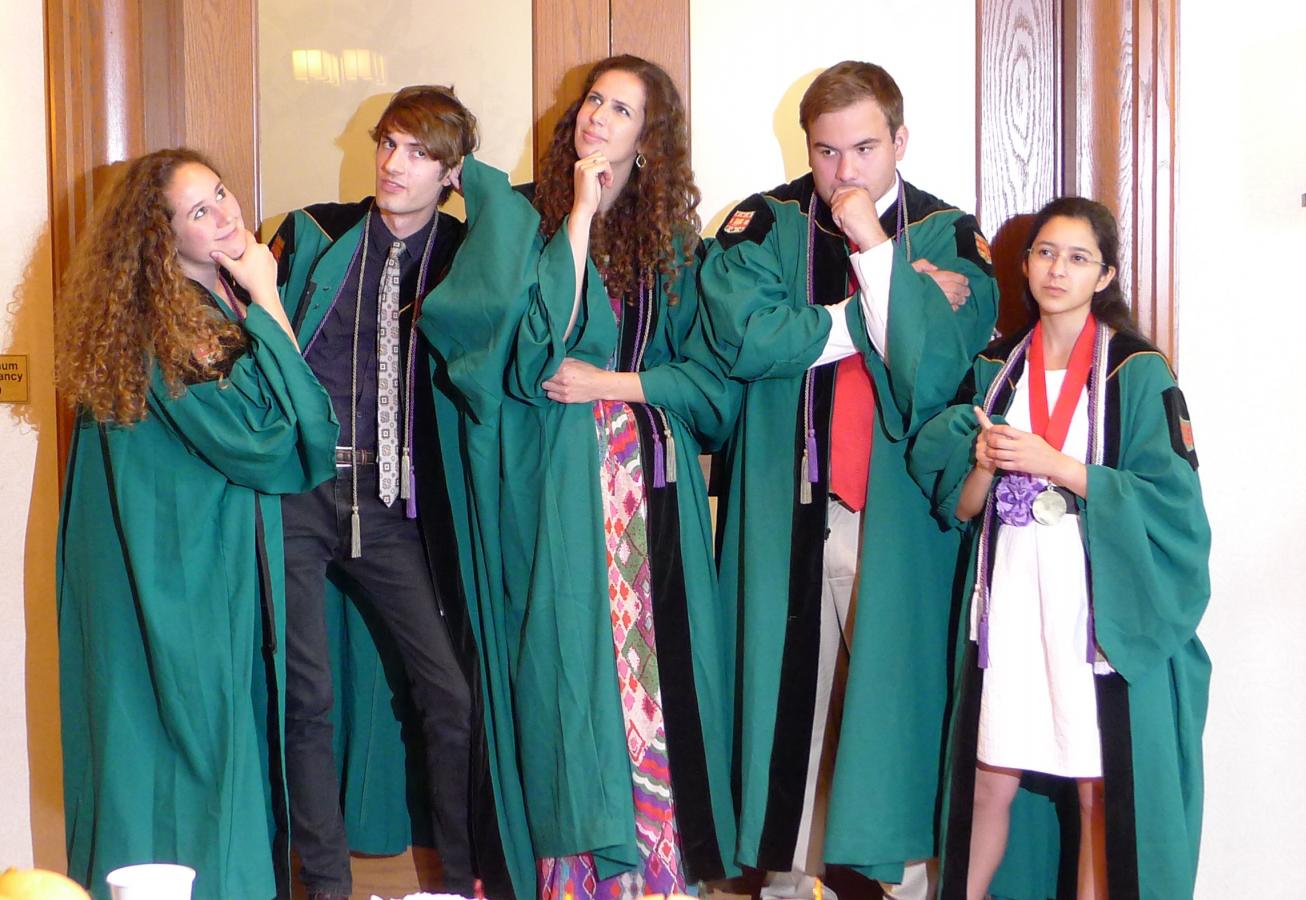Classic Texts and Intellectual Traditions
There are many ways for you to begin a serious engagement with literature, philosophy, history, art, and critical thinking at Washington University. One of the best is to enroll in the Text & Traditions program. In “T&T,” students explore the texts and intellectual traditions upon which modern culture has been built – from ancient Mediterranean thought to the modern novel. The goal of the program is to provide a serious foundation in the humanities, a foundation in content and in methods of inquiry. Join us on a semester-long journey through the classics.
What does the Text & Traditions track look like?
In the first semester, those enrolled in the T&T program usually take two courses: "Classical to Renaissance Literature" and "Early Political Thought." (Students who miss that fall pairing in their first semester can easily enroll in it in a subsequent semester.) These courses provide the foundation for other courses in the track: courses in Modern Political Thought, Literary Modernities in Europe and America, Literary Modernities in East Asia, The Intellectual History of Sex and Gender, etc.
Earning the Text & Traditions Minor
If you continue past the first semester–the "classical" semester–you can easily complete a minor in Text & Traditions by choosing three more T&T classes. You can take these at any time during the pursuit of an undergraduate degree, and every course in the program meets an Arts & Sciences distribution requirement. Some of the course options include:
- The Great Economists
- Scriptures and Cultural Traditions
- Puzzles and Revolutions
- The Intellectual History of Sex and Gender
- Literary Modernities in Europe and America
- Literary Modernities in East Asia
- Modern Political Thought

